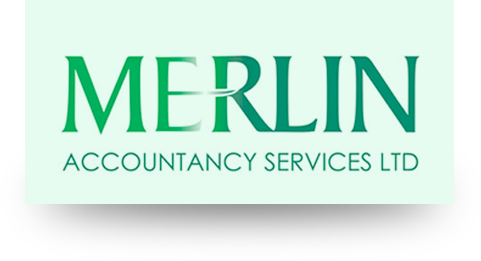Admit it. When your accountant has produced your annual accounts, do you sit down and pore over them? Do you think about what you can learn? Or do you just breathe a sigh of relief that Companies House and the taxman won’t come knocking for another year?
We suspect it’s often the latter, and there’s no shame in that. But with a bit of your time and attention, Merlin can help you get more from your accounts. This will allow you to get closer to your goals – from more sales or profits to getting your working hours down and planning retirement.
In this blog, we’re talking about financial or ‘statutory’ accounts that limited companies must send to all shareholders and to Companies House. Sole traders and partnerships must also do financial accounts – although there are fewer rules around them.
The other type of accounts is worth a quick mention. These are management accounts. You can think of them as your ‘secret’ reporting as they’re typically for your eyes only. You need them to run a business properly, but they’re not required by law. There are no rules that say what these accounts must look like – you choose what format will do the best job.
Your financial accounts are the balance sheet and profit and loss account. They are different from management accounts in important ways. They only record what has already happened, they don’t forecast. They must follow a set of rules and conventions (we manage these for you). Finally, they are available to those outside your business.
Who cares about your financial accounts?
- Your bank – who will use them to decide whether to lend you money
- Your suppliers – who want to know if you are a good credit risk
- Your customers – who are looking for proof that you will be a suitable and reliable partner
- The taxman – who must ensure that you are paying the right amount of the right taxes, matched to the right periods of time
But most of all, you should! Understanding your accounts is an important step in getting to the heart of the biggest questions. How are the numbers fitting your personal objectives? Are you on track for the goals you’ve discussed with the Merlin team?
What’s left for the owners
A balance sheet shows us a snapshot, a point in time. For a single identified day, it tells us what a business has, owes, and is left for the owners. In the balance sheet, the assets will always equal liabilities plus equity. If they do not, it may be time to find another accountant!
Assets are all the valuable things your business owns – money in the bank, computers, vehicles and so on. Liabilities are the promises made to others – the business’ IOUs. They’ll include money owed to the bank or suppliers. Equity is your share of the business as its owner.
These days we use software to produce the balance sheet. But the idea behind it is as old as the hills. We can see something like a balance sheet in ancient civilisations, and trace its modern form to 15th-century Italy. Next time we send yours, remember to praise (or blame) the Franciscan friar Luca Pacioli. He’s the ‘Father of Accounting’ behind it all.
Are we making or losing money?
When he wasn’t busy collaborating with Leonardo da Vinci, Mr Pacioli developed other ideas. The profit and loss account looks at a specific period and compares what your business earned with what it spent. Earnings (revenue) includes sales and other income, while expenses cover costs like wages and depreciation.
The figure at the bottom of this account tells you whether the business made a profit or a loss during the period. So it’s crucial for guiding financial decisions. This figure is the ‘bottom line’ – a phrase that’s spilled into everyday use to mean the critical or most important part of something.
How Merlin can help
As long as you give us all the information we need, we promise to complete your accounts within 30 days. We can also arrange a review meeting with you to discuss any issues we’ve spotted.
To find out more about our approach to financial and management accounts, please contact us. Our clients say that it’s useful to have a numerate friend prodding their thinking, especially one who understands the issues. If you’re not already a client, please get in touch here. You’ll find us a good fit if you’re looking for an accountant as an investment – rather than just a cost.

